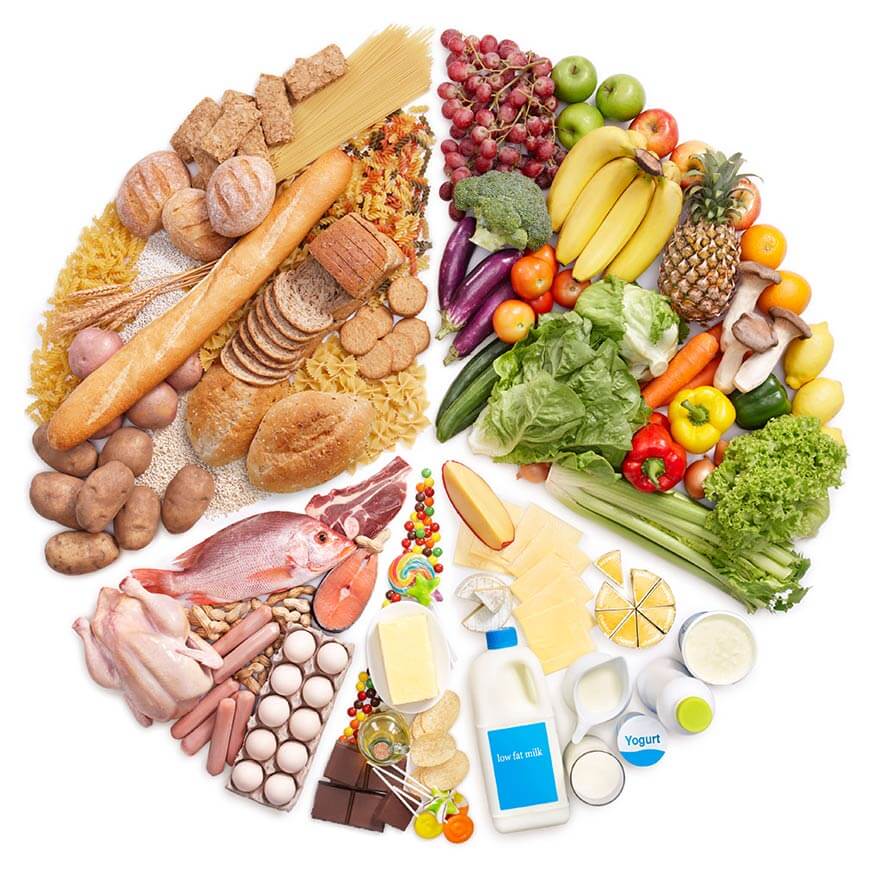How to Tell Difference Between Butter and Beef Fat

The Difference Between Good Fat And Bad Fat
Low-fat, non-fat, good fat and bad fat. There's a lot to keep track of when it comes to dietary information. What once was said to be true twenty years ago now has scientists saying the opposite. With new studies popping up every day, it's nearly impossible to keep track of what's actually good for you and what's actually bad for you. Fat, for instance, has become a popular topic of conversation. This is especially true when it comes to what constitutes good fat and bad fat from one another. With bad fats giving you a higher risk for heart disease and cholesterol and good fats actually reducing your chances for the former, it's important to keep the two straight!
We'll lay out the foods you should definitely be eating in your diet and the ones you should take it easy on so you know how to be healthy. No more confusion, just yummy food and the knowledge that you know what you're putting in your body.
The Bad
Getting the bad news out of the way first, there's a good chance some of your favorite foods aren't that good for you. Some of these probably won't surprise you but others might. To break down the two types of bad fats there is saturated fat and trans fat. Saturated fat encompasses butter, milk, coconut oil, cheese and high-fat cuts of meat. Now saturated fat isn't ALL bad as in eating some cheese or butter or milk or fatty cuts of meat daily won't kill you.
But like with most things in the culinary arts world, moderation is a good approach. If you eat a lot of cheese, try using mostly olive oil when you cook. Or if you can't give up your weekly ribeye, try opting for a skinless chicken breast or a fish other days. The big surprise for many with trans fat foods is margarine. Unlike popular belief that butter is worse for you, the exact is actually true. But butter still isn't the best option for cooking. Many dieticians recommend alternating or using a combination of olive oil and butter to get the taste you want without all the saturated fat.
To better know what to eat in moderation, here's the full list of foods high in trans fat:
*Commercially-baked pastries, cookies, doughnuts, muffins, cakes, pizza dough
*Packaged snack foods (crackers, microwave popcorn, chips)
*Stick margarine
*Vegetable shortening
*Fried foods (French fries, fried chicken, chicken nuggets, breaded fish)
*Candy bars
And here's the list of foods high in saturated fat:
*High-fat cuts of meat (beef, lamb, pork)
*Chicken with the skin
*Whole-fat dairy products (milk and cream)
*Butter
*Cheese
*Ice cream
*Palm and coconut oil
*Lard
The Good
Now, the good news. Not all fat is bad for you! And more than that, there is actually fat out there that your body needs to maintain health. The good fats out there are monounsaturated fat and polyunsaturated fat. And there's tons of them out there. We're sure you've heard about how good fatty fish is, like salmon and tuna but it actually goes way beyond that. Olive oil is only one of many different cooking oil options. There's also peanut oil, sunflower oil, sesame oil, corn oil and more that act as great alternative cooking options to butter or margarine.
And then there's one of our favorite fatty foods: avocado. This fruit is amazing in smoothies, on salads, on sandwiches, in popsicles, entrees and so much more. Another incredible source of good fat is nuts. You'll find monounsaturated fats in nuts like cashews, almonds, hazelnuts and pecans and polyunsaturated fats in walnuts and pumpkin, sunflower and flax seeds. Again, throw them on salads, eat them as butters or in your bowl of morning oatmeal. As far as health benefits go, monounsaturated fats lower your levels of bad cholesterol (LDL) and increases your levels of good cholesterol (HDL). Polyunsaturated fats are also really beneficial to health as they help lower triglycerides and fight inflammation.
Here's a complete list of polyunsaturated fats:
*Soybean oil
*Corn oil
*Safflower oil
*Walnuts
*Sunflower, sesame, and pumpkin seeds
*Flaxseed
*Fatty fish (salmon, tuna, mackerel, herring, trout, sardines)
*Soymilk
*Tofu
And the ever important, monounsaturated fats:
*Olive oil
*Canola oil
*Sunflower oil
*Peanut oil
*Sesame oil
*Avocados
*Olives
*Nuts (almonds, peanuts, macadamia nuts, hazelnuts, pecans, cashews)
*Peanut butter
Recommended Posts
cheathammilitaidele.blogspot.com
Source: https://www.escoffieronline.com/the-difference-between-good-fat-and-bad-fat/
0 Response to "How to Tell Difference Between Butter and Beef Fat"
Post a Comment